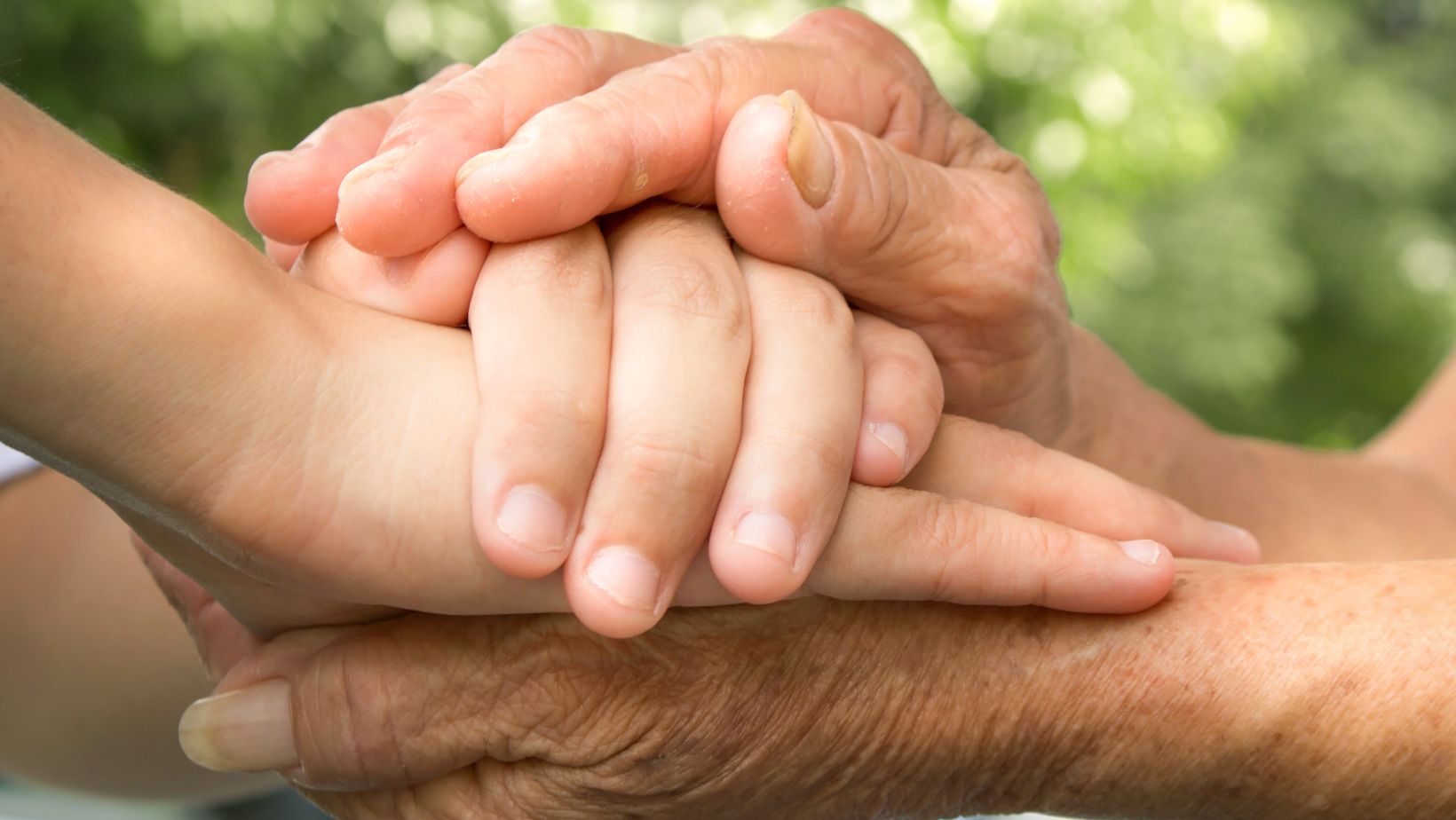We all have a need for some degree of predictability in life. Knowing what will happen, and when, makes us feel safe and secure. For disabled people and those with high support needs, this need for predictability becomes even more essential. If routines change suddenly, or different support workers employ conflicting strategies, the ensuing confusion can lead to anxiety and distressing behaviours. But ensuring real consistency between care settings is still one of the largest obstacles facing families and care teams. It involves coordination, communication, and a shared vision to offer the same supportive environment – whether at home, school, or in the community. But if we do get it right, however, the results are astonishing. Individuals are safer, more self-assured, and better equipped to go about their daily lives with actual independence and well-being.
The Foundation of Predictable Support
Think about starting a new job where each day brought totally different expectations and alternate supervisors with contradictory orders and no clue what success is going to look like. That uncertainty and tension is what unstable care feels like to an individual with dependence on it. If strategies are diverging wildly across locations or even among individual support workers within a single location, there is no way to learn what is happening or how to develop consistent coping mechanisms. Positive behaviour support acknowledges that consistency is the basis upon which meaningful care can be constructed. It is not about being rigid and inflexible. Rather, it’s about establishing basic principles and responses that will stay constant even when particular scenarios shift. When a person is aware that they can count on the same soothing, supportive reaction to their fears no matter where they are, they can really relax and concentrate on developing skills instead of spending all their time trying to navigate changing rules.
Knowing how routine builds safety
Routines accomplish more than just structuring our days. They build a sense of safety and mastery that’s fundamental to emotional health. Think about your own morning ritual. You probably don’t consciously decide at every turn. It’s the predictability that allows your mind to be available for other thoughts. For people with difficulty in processing information, sensory input management, or emotional regulation, that mental space is all the more precious. A routine is predictable, which means there’s less energy devoted to determining what’s coming next and more bandwidth for learning, relating, and coping with the inevitable ups and downs that occur. When we respect someone’s requirement for routine, we’re not restricting them. We’re providing a secure foundation from which to bend, expand, and cope with life’s uncertainty. Predictability with small things creates toughness for big things.
Coordinating Across Multiple Carers
Many individuals get a range of support from different sources during their week. Family members, support workers employed professionally, teachers, therapists, and community programme staff are all significant. Without coordination, each may inadvertently undermine what the others do. One may counteract anxiety by distracting, another with breathing techniques. One environment may tolerate certain behaviours that another strictly redirects.

These inconsistencies do not simply confuse the individual receiving support. They actively prevent progress because there’s no opportunity for consistent learning and reinforcement. Creating alignment requires regular communication between everyone involved. It means sharing observations, discussing what’s working, and adjusting approaches together rather than in isolation. This coordination takes time and effort, absolutely. However, it’s maybe the most powerful thing that teams can do: when they all sing from the same song sheet, things move much faster, and everyone gets less irritated by the process.
Establishing a Routine That Facilitates Autonomy
Effective routines don’t create dependence; instead, they promote increasing autonomy through a consistent framework in which one can build their abilities. You are searching for that perfect balance between predictability enough to make an individual feel safe and flexibility enough to promote adaptability. A morning routine could be the same every day but include choices regarding what shirt to wear or whether to eat toast or cereal. An after-school routine could be quiet time every day, but let an individual have his favourite calming activity. Thus, routines serve as scaffolding that aids a person as he is able to build executive functioning skills, learn to make decisions, and practise taking control of his own time. Along the way, the external structure can gradually disappear as internal abilities are built up: a person goes from having to have every step directed to self-initiating routines himself, knowing why they are important and even modifying them sensibly when situations shift.
Thinking Through Transitions and Changes
Life brings change, which is inevitable. Support workers go away. Families move. Young people move on from school to adult services. Such change can be massively destabilising, particularly to those people who rely on routine as a means of controlling their emotions. The trick is to make the transitions as carefully and slowly as one can. This can involve gradually introducing a new support worker, shadowing current team members and keeping all other elements of the routine the same while that one component is altered. It can involve going to a new place several times prior to actually being there or creating visual schedules that enable someone to comprehend and prepare for upcoming changes. We can’t eliminate all disruption, but we can be considerate of minimising unnecessary disruption and provide more support on transition times. It assists individuals in riding the storms to success by recognising that change is difficult, planning ahead together, and being consistent in whatever ways are possible.
The Role of Clear Communication Systems
Consistency necessitates sharing information, but that is simpler said than done when a number of individuals support one individual across multiple settings. Important information slips through the cracks. Strategies that work in one context never transfer to another. Troublesome situations occur with background information never getting to those who need it. Systems of clear communication fix that. It might be a common journal that follows the individual, periodic team meetings, or electronic sites on which everyone posts observations and updates. It’s not the technique that’s as important as the intention to actually use it regularly. When a support worker finds that soft music played has calmed someone after a challenging episode, that gets communicated to the whole team in a hurry. When family members see rising tension surrounding particular activities, therapists and teachers need that background. These systems of communication build a common knowledge base that allows everyone to give really coordinated, informed assistance, instead of working in separate bubbles.
Striding Towards Sustainable Consistency
Building consistency is not a one-off success. It is a way of operating which needs regular attention and calibration as circumstances shift and as individuals develop. What was working perfectly six months ago might need tweaking now. New members require induction into existing practices. Families require regular check-ins so home strategies get coordinated with what’s going on elsewhere. This sustainability is based on creating systems that last longer than any given people and making consistency a core principle instead of an aspiration. It means keeping approaches documented well so they can be passed on to new team members. It takes leaders who are dedicated to sustaining coordination even when it would be easier to let coordination slide. Above all, it requires all of us to realise that our own individual efforts are part of something greater. When we each strive to be consistent in our own interactions, we build a consistent, caring world where the people we love can actually thrive with assurance and security.



